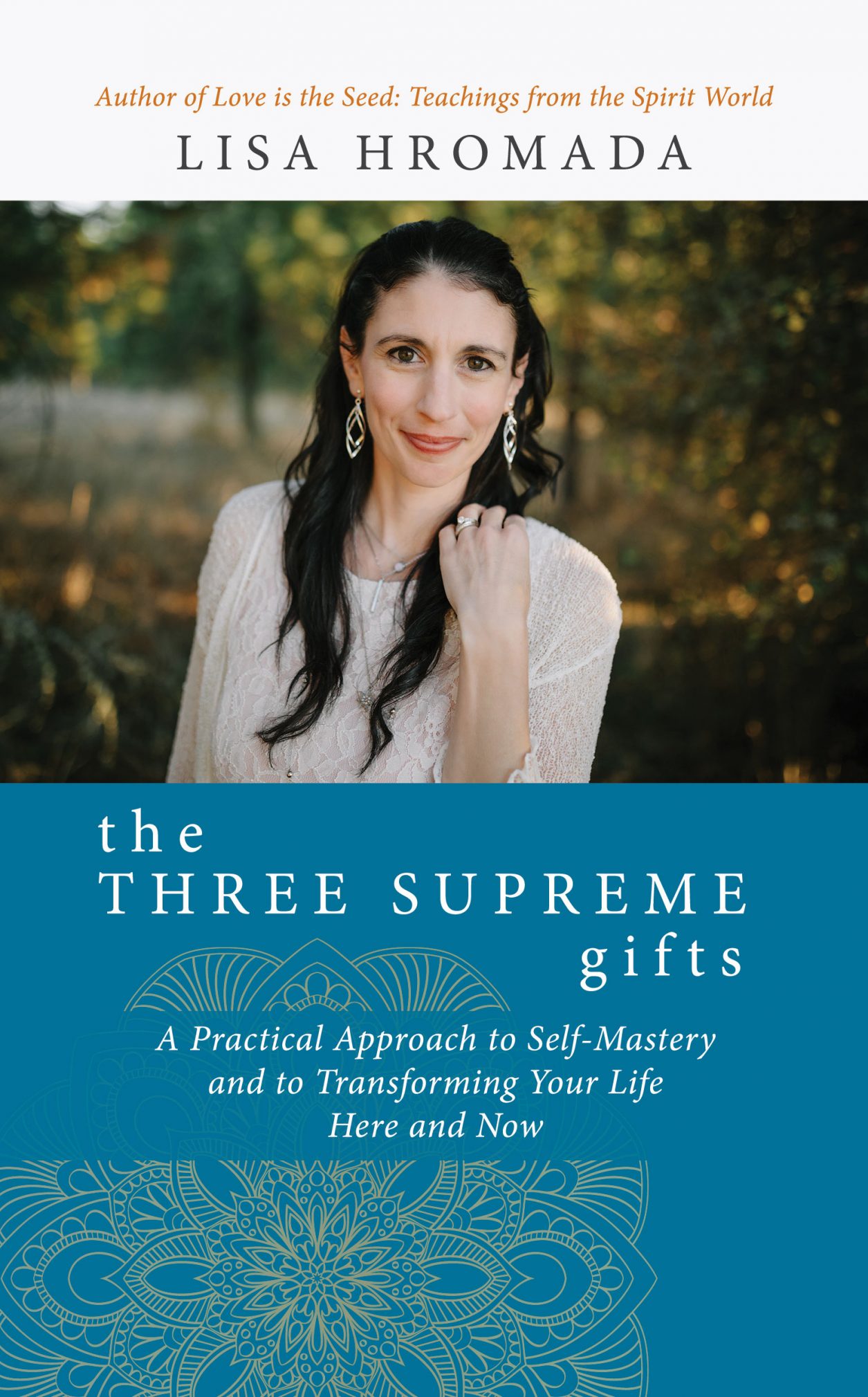When I was a twenty-something getting married, I was in bliss. My fiancé and I rarely disagreed. We had similar goals, and for those things that did not exactly align, it was ok because they did not interfere with what we each were doing and trying to accomplish. It felt like a “perfect” relationship.
In the beginning of any romantic relationship, this is how it often goes because we naturally look for the positive aspects of a person. The thoughts we think about and toward another are often positive. We feel intensely alive. We feel a great sense of purpose because someone wants us, needs us and makes us feel special.
I recall the day I got married. As part of my vows, I recall reciting to my husband, “…wherever I am when I am with you, I feel like I am ‘home.’” Isn’t that what we all want to feel in our relationships, yet it is often challenging to sustain this feeling. While this was the truth of how I felt—like I am “home”, I must clarify: This truth can only exist when we can feel “at home” within ourselves first. And this, in large part, takes harnessing the power of our thoughts.
In a healthy relationship, when we feel a deep sense of love with another, it is not necessarily that the other person gives us this “love” (leading us to depend on this other person to always provide it), but they harmonize with and reflect the love inherent within us.
Despite feeling “at home” within a relationship, we will still be met with challenges. After all, with all relationships within this “conditioned existence” that is our human experience; “love” is often bound by some sort of set of conditions and expectations. What this means is that at some point, because “romantic love” is often “conditional love”, we are met with challenges. There is a natural polarity of ups and downs within all relationships.
Throughout the years with my husband, this polarity has occurred through academic and career pursuits, moving states, fine-tuning individual goals, raising children, and “soul-searching” in our own unique ways. And as with any relationship, it is a consistent process to learn and experience what it means to love and persevere through challenges, unmet expectations and all of the other circumstances that arise when two unique individuals—with their own experiences, upbringing, philosophies, ideas, and characteristics—commit to sharing a life together.
What I have learned through various spiritual teachings that I share through my work and through reflecting on the relationships throughout my life, I have discovered one fundamental question to frequently ask yourself, so that your relationships can, not just survive, but thrive:
“How are my thoughts contributing to the success of this relationship?”
“Thought” is powerful. Our thoughts are what form our beliefs and what we believe becomes our (perceived) reality. It is often our “thoughts” that get in the way of otherwise healthy relationships, because thoughts are often problem-centered and fear-based. These thoughts often stem from past anguish, heartbreak and inner struggles, and it is easy to find ourselves looking to our partner to “fix” these for us. And when they can’t do this, we begin to focus on what is flawed in the other person and in our relationship.
What is revealed in various spiritual teachings is that when we learn how to harness the power of our thoughts, the more fulfilling and purposeful our relationships become, and the more we are able to create relationships that we find joy in and that endure.
One of the most important tools to be able to harness the power of our thoughts is to know, that no matter what, there is always a solution. This is a divine truth. What often happens when we experience relationship challenges is, we get stuck thinking that it can’t be resolved. The next time you think negative thoughts about your spouse/partner/friend, ask yourself what you are thinking about him/her that is causing you to feel negative. And once you gain some clarity, then ask for a solution be presented to you. It always will.
While it takes the effort of both individuals in a relationship to make it work, when we can get to the root of our thoughts that cause us to feel negative toward our spouse/partner/friend, we can begin the process of finding the clarity we need to create relationships that, not just survive, but thrive.
 Lisa Hromada is a speaker of timeless spiritual teachings and shares a simple, yet profound message: You have all that you need to create the life of your choosing. She is the author of Love is the Seed: Teachings from the Spirit World and The Three Supreme Gifts: A Practical Approach to Self-Mastery and to Transforming Your Life Here and Now. She brings a balanced approach to the teachings from Spirit, helping you to understand how you can create a more beneficial life here and now. For free resources and information, visit: www.LoveIsTheSeed.com.
Lisa Hromada is a speaker of timeless spiritual teachings and shares a simple, yet profound message: You have all that you need to create the life of your choosing. She is the author of Love is the Seed: Teachings from the Spirit World and The Three Supreme Gifts: A Practical Approach to Self-Mastery and to Transforming Your Life Here and Now. She brings a balanced approach to the teachings from Spirit, helping you to understand how you can create a more beneficial life here and now. For free resources and information, visit: www.LoveIsTheSeed.com.




















